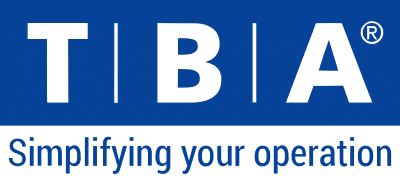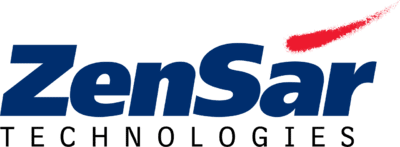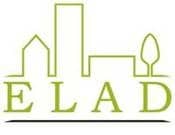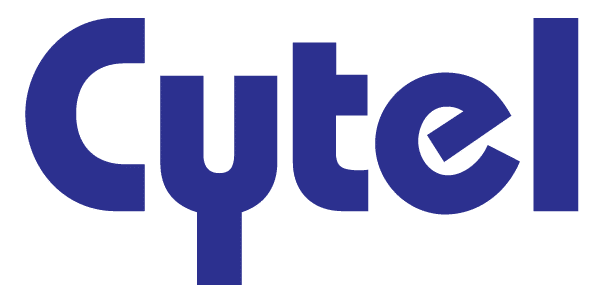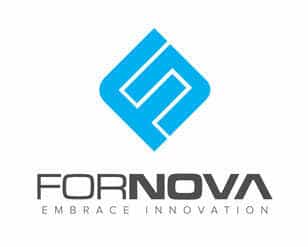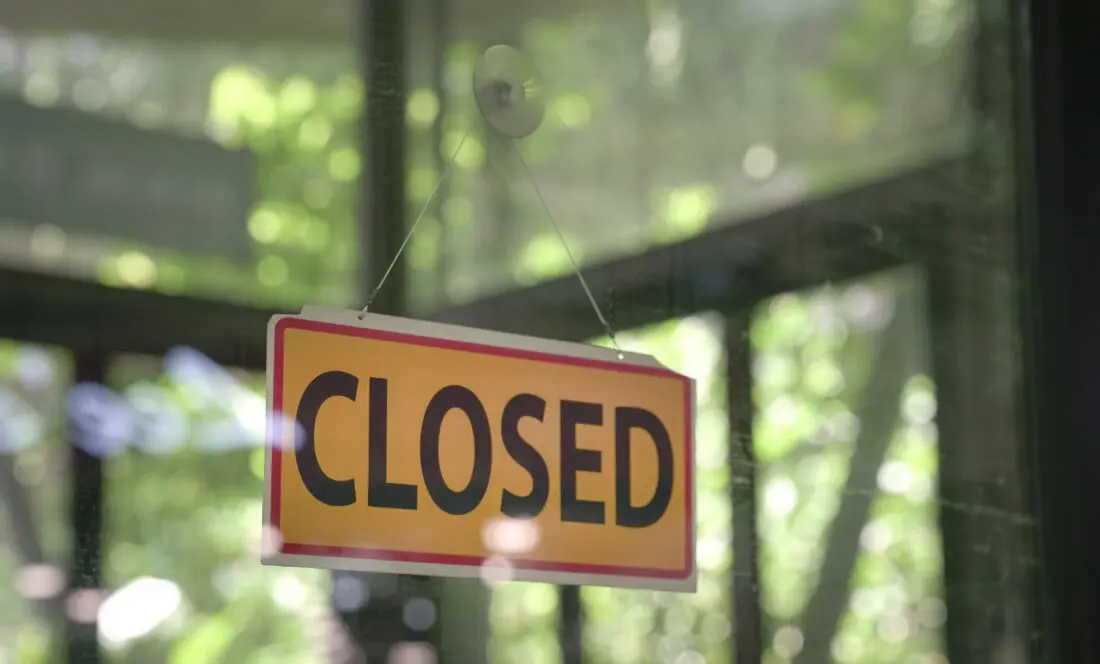
Every year we are in the top 3 of the best law firms in the Netherlands in the field of client satisfaction.


The Dutch immigration policies allow companies to, quickly and in a straightforward manner, recruit highly skilled personnel from outside the European Union. In order to allow this there is a specific ruling for highly skilled labour. Within the EU this ruling is among the most favourable for allowing skilled labour in.
The first step for a company to be able to employ highly skilled migrants is to become a recognised sponsor. The Dutch Immigration Service makes the assessment whether a company can be a trusted partner for the Immigration Service and be accepted as recognised sponsor. This takes approximately 5 weeks.
- The government fee to apply to be become a recognised sponsor is € 4,866.
- For start-ups and companies employing less than 50 employees the government fee is € 2,432.
Once the company is approved to become a recognised sponsor, this is for indefinite period. Only once approved can the company file applications for highly skilled migrant visa and work permits.
The EU has adopted Directive (EU) 2021/1883 which regulates the entry of highly skilled migrants within the EU. This particular residence permit is called the EU Blue Card. The EU Blue Card will co-exist with the residence permit for highly skilled migrants. The EU Blue Card is not easier to be acquired than the residence permit for highly skilled migrants, but it grants more rights and benefits to the holder, and will allow for better possibilities to work in other EU member countries. The salary threshold to qualify for the EU Blue Card is the same as for the highly skilled migrant permit.
- Foreigners, 30 years of age or older, need to earn a gross monthly salary of € 5,688 (excluding 8% holiday pay), which comes down to an annual salary of at least € 68,256 (excluding 8% holiday allowance).
- For foreigners younger than 30 years of age, the gross monthly salary threshold is € 4,171 (exclusive 8% holiday pay), which is annually € 50,052 (exclusive 8% holiday allowance).
- For foreigners who have studied and graduated in the Netherlands following their studies, the threshold is € 2,989 gross per month (exclusive 8% holiday pay), on an annual basis that is € 35,868 (excluding 8% holiday allowance).
Our lawyers frequently win cases in which IND has revoked the highly skilled migrant residence permit.
As our firm deals with these cases frequently we know how to put forward a case before to have the best chance of succes.
In the links you can finds some recent court rulings. Click here, here, here and here for court cases won by our lawyers. The court rules in these cases that the residence permit as a highly skilled migrant has been wrongfully withdrawn by IND. Here and here you can read the summary for two of these court cases. In most instances we allready win the case at IND in appeal, before having to go to court.
When applying for a highly skilled migrant visa and residence permit, a labour contract indicating the salary does not have to be included with the application.
The procedure itself is fairly quick. According to the policy of the IND (Immigration and Naturalisation Service) a decision on the application is given within two weeks of the submission. In practise it takes between 2-3 weeks.
Nationals that do need an MVV-visa (Schengen D-visa) to enter the Netherlands, will need another 1 to 7 days to collect the MVV-visa at the Dutch embassy.
The company in the Netherlands applying for the highly skilled migrant visa does need to be registered ahead of time with the Highly Skilled Migrant Scheme with the IND. This registration can be done within 10 to 12 weeks.







